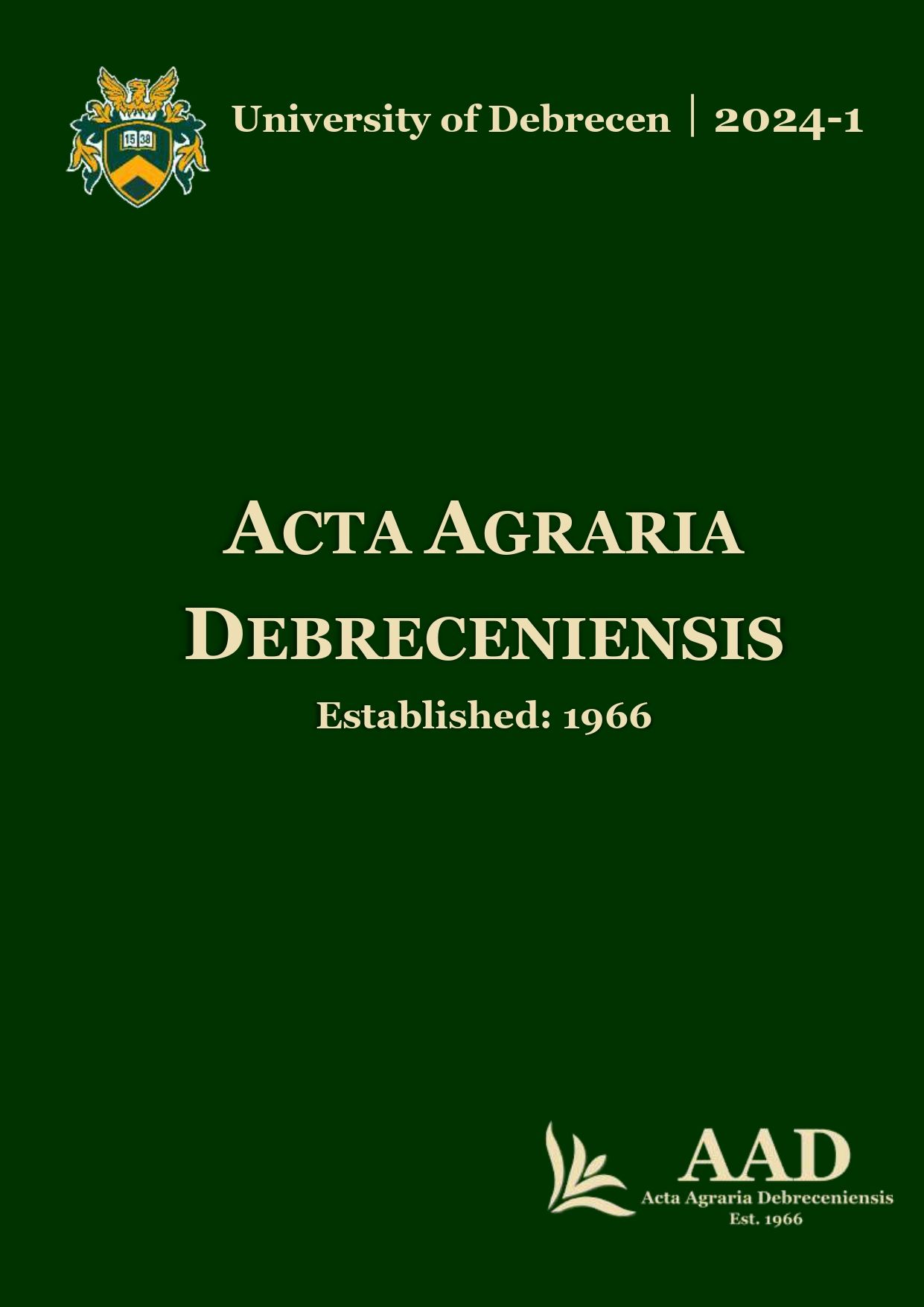Unfair commercial practices towards consumers in the Hungarian food industry
Author
View
Keywords
License
Copyright (c) 2024 by the Author(s)

This work is licensed under a Creative Commons Attribution 4.0 International License.
How To Cite
Accepted 2024-04-10
Published 2024-06-03
Abstract
Unfair commercial practices in the food industry can include actions and practices by traders or producers that mislead consumers about the true characteristics, quality, or price of products. For example, if a producer does not accurately and transparently list the composition of products, or if advertisements contain false or misleading information about products, or if inappropriate product quality is concealed, or if promised benefits of products are not realised, or if consumers are unfairly persuaded to purchase products.
It is important to note that all traders and producers must comply with consumer protection rules. If any unfair commercial practices are observed, consumers can legitimately file a complaint with the Consumer Protection Authority or the Hungarian Competition Authority.
Unfair commercial practices can be a serious problem for consumers as they mislead them about the true characteristics of products, making it difficult to make informed purchasing decisions. Therefore, it is important for consumers to be informed about the true composition and quality of products in order to avoid falling victim to unfair commercial practices.
Through various legal cases, I demonstrate how important it is for consumers to be fully informed and aware of their rights. Additionally, I illustrate how investigating different complaints can have an impact on preventing unfair commercial practices.
References
- Andorka, R. (1966: Keynes általános elmélete (Valóság,
- május) 79–85. és (http://tek.bke.hu/keynes120/magyar/bevezeto.html) alapján
- Benford, R.D.; Snow, N. (2000): Assessing Consumer Protection Laws and Enforcement: A Tribute to Richard S. Higgins. Journal of Public Policy & Marketing, 19(1), 1–18.
- Fazekas, J. (1995): A fogyasztóvédelem alkotmányos alapjai.Sectio juridica et politica, jubileumi kötet a Miskolci Egyetem fennállásának 260. évfordulója alkalmából, Miskolc.
- Grønhaug, K.; Gjølberg, M. (2007): Consumer Confidence and Consumer Protection: A Citizens’ Political, Social, and Psychological Approach. European Journal of Marketing, 41(7/8), 723–735.
- Keskeny, D. (2022): A megalapozott fogyasztói döntések In: Miskolczi-Bodnár, Péter (szerk.) XXI. Jogász Doktoranduszok Konferenciája: Budapest, Magyarország: Károli Gáspár Református Egyetem, Állam- és Jogtudományi Kar (2022) 168 p. 37–44.
- Keskeny, D. (2023): Fogyasztóvédelmi szabályozási modellek In: Miskolczi-Bodnár, Péter (szerk.) XXIV. Jogász Doktoranduszok Konferenciája Budapest, Magyarország: Károli Gáspár Református Egyetem, Állam- és Jogtudományi Kar. 283 p. 63–70.
- Martin, I.M.; Kamins, M.A. (2010): "Consumer Rights: The Impact of Culture and Tradition on International Business Practices". Journal of International Business Studies, 41(6), 1031–1051.
- Micklitz, H.-W.; Stuyck, J.; Terryn, E. (2010): Cases, Materials and Text on Consumer Law. Oxford–Portland, Hart.. 32–34.
- Miskolczi Bodnár, P.; Sándor, I. (2016): Fogyasztóvédelmi jog I. Patrocínium, Budapest, 2016. 57.p.
- Sós, G. (2002): Alapelvek a békéltető testületek eljárásában. Collega, 1. sz.
- Szendrő, É. (2020): A fogyasztóvédelem kialakulása és fejlődéstörténete, Jogtörténeti Szemle, 18: 2 pp. 34–40.

 https://doi.org/10.34101/actaagrar/1/12566
https://doi.org/10.34101/actaagrar/1/12566